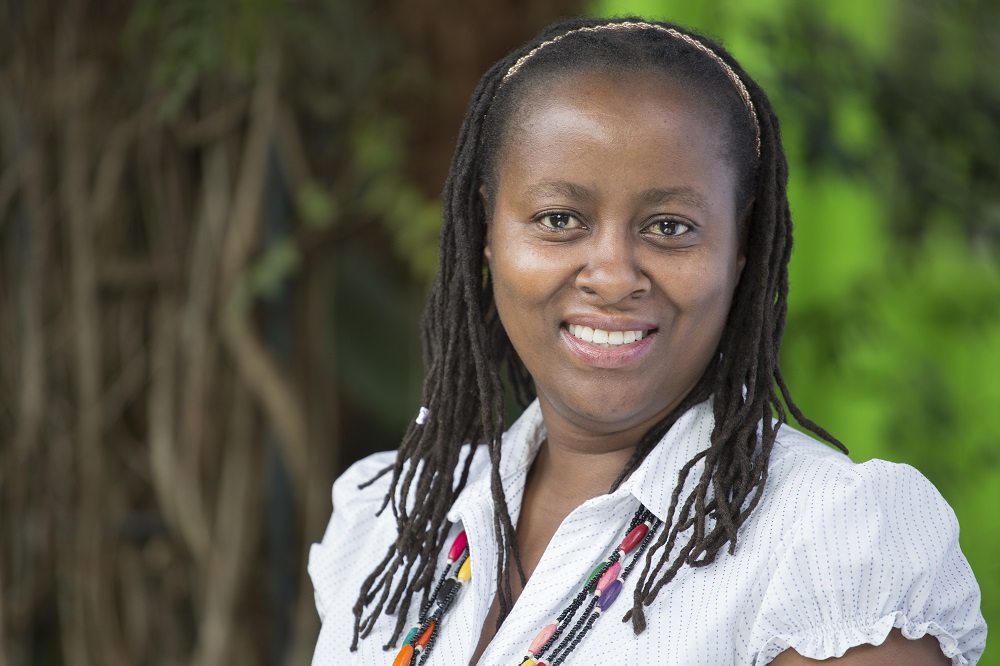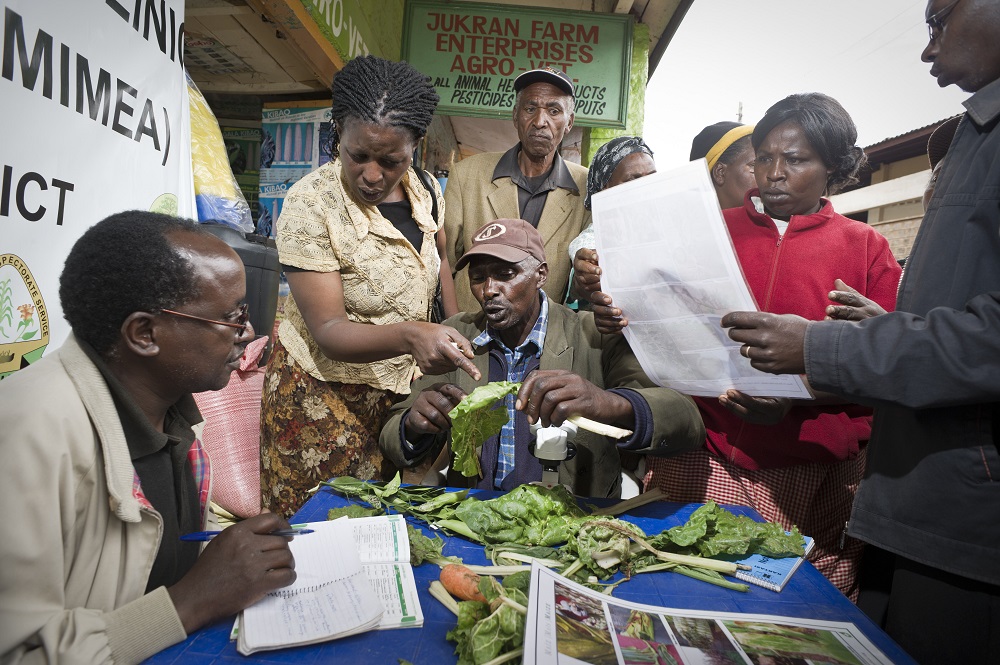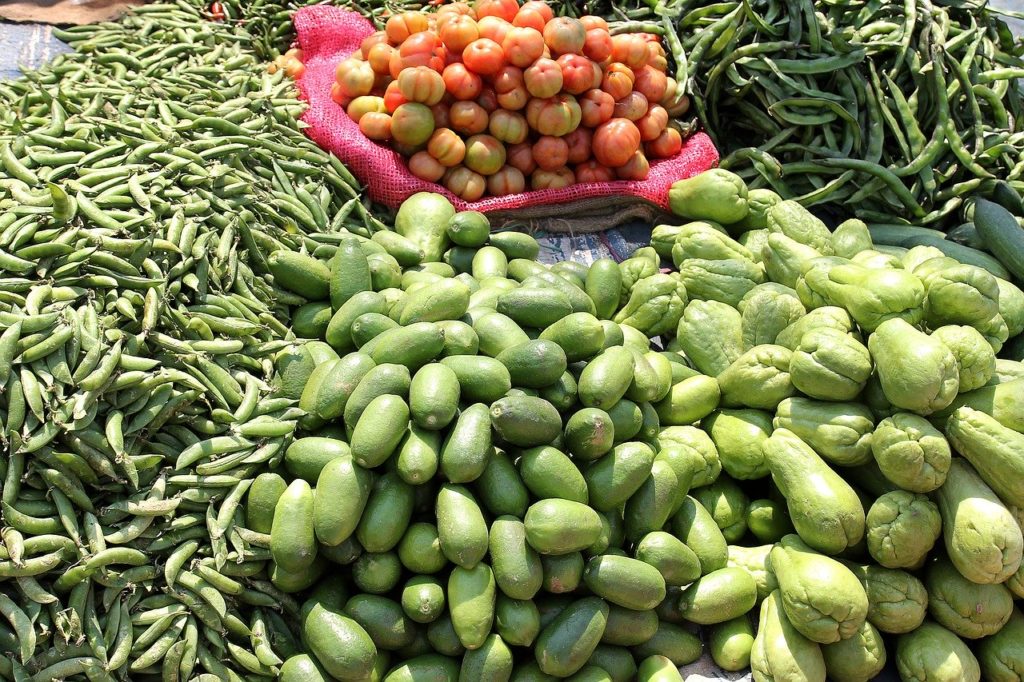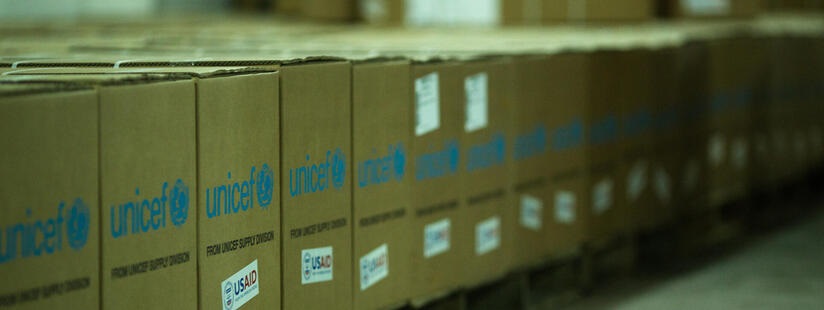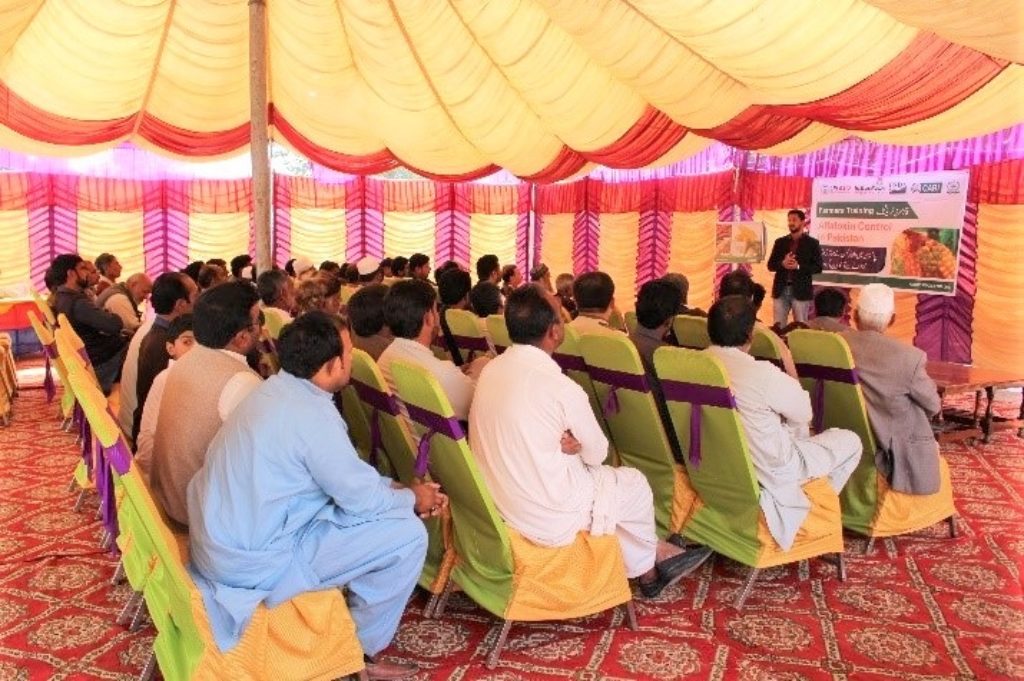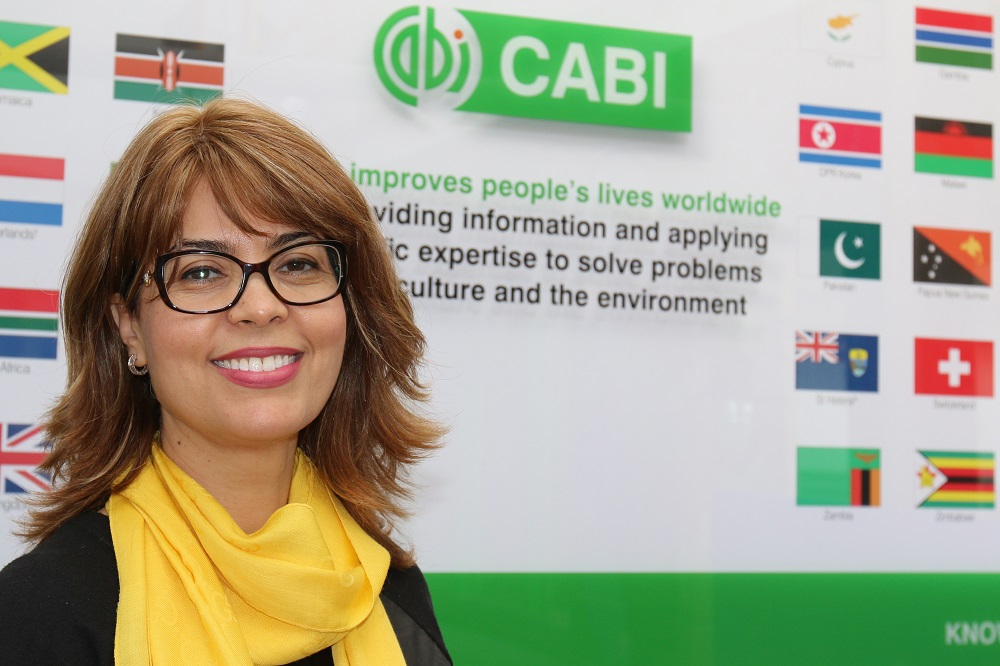Coronavirus and the Implications for Food Systems and Policy
In this blog, which originally appeared on the Agrilinks website, we take a look at the potential for COVID-19 to impact local and global food systems and their ability to provide safe, affordable, and nutritious food as well as sufficient incomes for people working in food and agriculture sectors. We thank the authors Billy Hall,…
Sensitizing maize growers of Punjab on aflatoxin biocontrol to produce quality crops for their communities
Dr Sabyan Faris Honey, CABI, and Deborah Hamilton, USDA Farmers in the Punjab province of Pakistan produce 85% of maize not only for the purpose of helping to ensure local and regional food security but also for export to high end markets. Due to the presence of aflatoxin levels above permissible limits (20ppb) in maize…
CABI Board Member Dr Ismahane Elouafi extols the virtues of crop diversity
CABI Board Member Dr Ismahane Elouafi – ranked by Muslim Science as among the 20 Most Influential Women in Science in the Islamic World – says crop diversity is the key to tackling the challenges in marginal environments, particularly in the face of climate change. Dr Elouafi told SciDev.Net that the inaugural Global Forum on…
Applying science to eradicate poverty
Today, 17 October 2019, is the International Day for the Eradication of Poverty. We’re taking a look at how science-based knowledge in three areas of international development – crop health, digital development and invasive species – has helped to lift people living in poor rural communities out of poverty and made a positive difference to…


